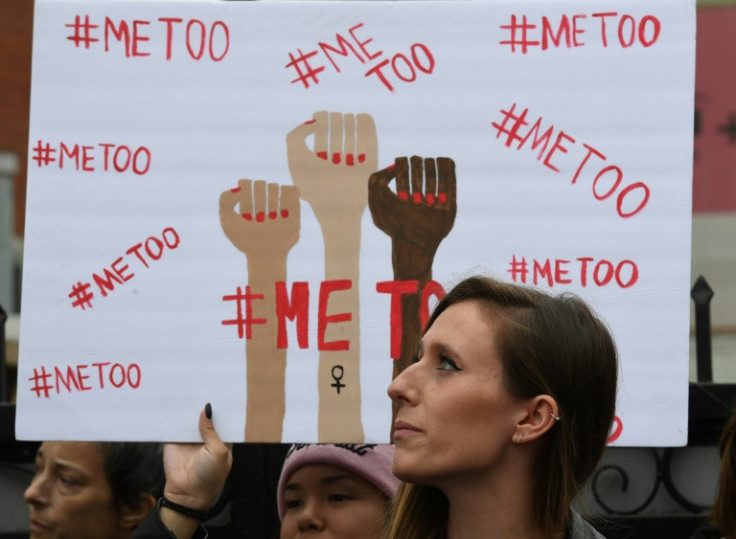Study Finds UK Entertainment Industry's Failure to Protect Sexual Assault Victims
A study from the University of York disclosed that sexual harassment victims in the UK's entertainment industry are still in distress after speaking out.

The University of York published a study that disclosed the grisly fate of sexual harassment victims in the United Kingdom's entertainment industry.
According to the academic publisher's findings, titled "Safe to Speak Up?", sexual harassment and abuse has never left the UK's film and TV industry for over six years.
The study used a sample pool containing 18 survivors of sexual abuse and harassment since December 2017, during the height of the #MeToo movement, where they cited 22 incidents of various forms of the crime, including sexualised comments, indecent exposure, being recipients of unwarranted sexual or graphic images, sexual assault and sexual violence in their workspaces.
The study also disclosed that victims were abused in different kinds of locations, including filming locations and press events, both domestically and internationally. Additionally, the study says that it is an industry-wide problem, citing that victims were performers, producers, researchers, journalists, pre-production crew, post-production crew, editors, runners and writers.
The study also found that some of the victims suffered sexual crimes which were as recent as 2020, with over six incidents being reported last year alone.
Repercussions of sexual abuse in UK's entertainment industry
According to the study, there were long-withstanding issues that the victims struggled with internally after they were abused and harassed sexually.
Self-doubt, anxiety, panic attacks, self-shame and lost career opportunities were some of the afflictions that the victims faced after the crimes were done against their will.
When some of the victims came out against sexual harassment, the study said that it did not result in changes that would protect the victims, as their assailants and harassers would not stop their intrusions and would fail to understand what they were doing.
An interviewee recalled that speaking up earned them even more trouble, as a manager threatened them with silence. In an effort to confront their boss, they recall in the study: "that informal phone call to [my bosses to raise concerns] was a mistake".
Their boss suggested that "it would be very bruising if you raised this formally", which prompted the victim to not escalate the issue.
Recommendations for solving the problem
Lead researcher of the study Anna Bull concluded that there should be additional regulatory procedures when it comes to identifying who to post in managerial roles. Bull recommended that channels should be incentivised when properly responding to and resolving sexual crime resolutions.
"Sexual harassment can occur in many different workplaces, but it is more prevalent where there are greater levels of inequality between staff," Bull said.
She noted that there is a severe gender inequality embedded in the industry since there are more men who abuse their leverage over their victims.
Bull showed praise to victims who help report these vile acts, as well as people who help or encourage them to take action.
However, these measures are not enough, as Bull says: "I've uncovered evidence of some of the worst – but also the best – responses from employers that I've ever seen. This range of responses shows that while there is good work happening in some parts of the industry, there's still a lot of work to be done. My hope is that this research – and the industry and policy briefings that accompany it – will contribute to making the screen industries safer and more equal places for everyone."
The reports come off the news that celebrity comedian turned YouTuber Russell Brand was accused of historical sexual abuse and assault allegations by four women between 2006 and 2013.
The documentary, titled Russell Brand: IN Plain Sight, chronicled the historical sexual abuse and assault allegations made against the disgraced British comedian. The investigations were done by a collaboration between The Sunday Times, The Times and Channel 4 Dispatches.




















